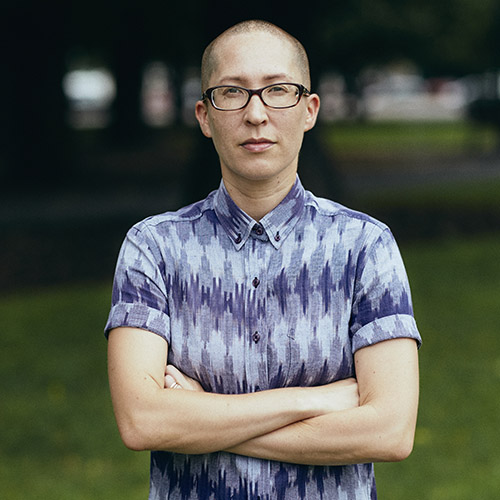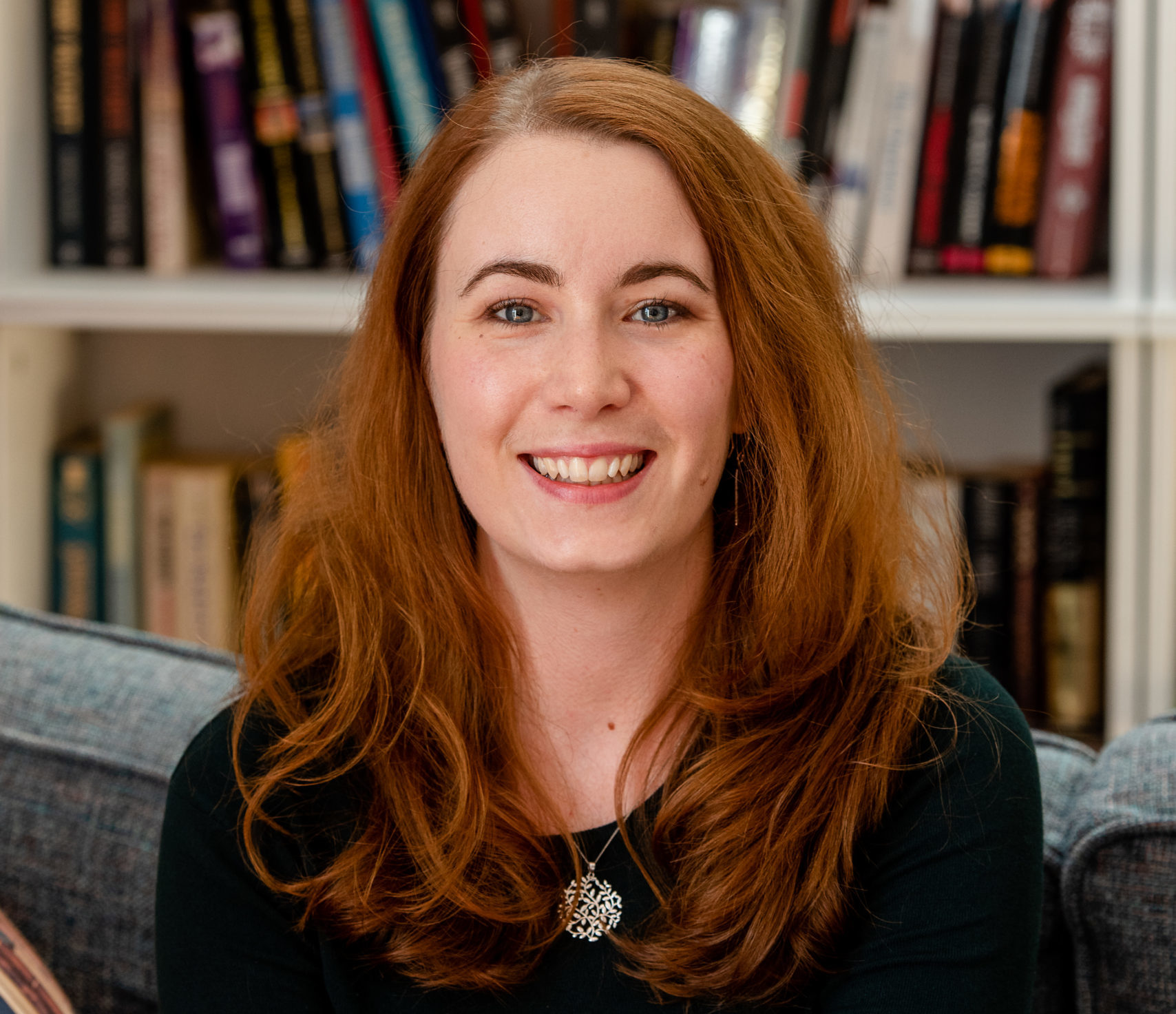
by Michele Kirichanskaya | Sep 1, 2023 | Blog
Shelley Parker-Chan (they/them) is an Asian Australian former international development adviser who worked on human rights, gender equality and LGBTQ+ rights in Southeast Asia. Their debut historical fantasy novel She Who Became the Sun was a #1 Sunday Times...

by Michele Kirichanskaya | Apr 6, 2022 | Blog
Freya Marske lives in Australia, where she is yet to be killed by any form of wildlife. She writes stories full of magic, blood, and as much kissing as she can get away with. Her short fiction has appeared in Analog Science Fiction, Andromeda Spaceways, and several...




